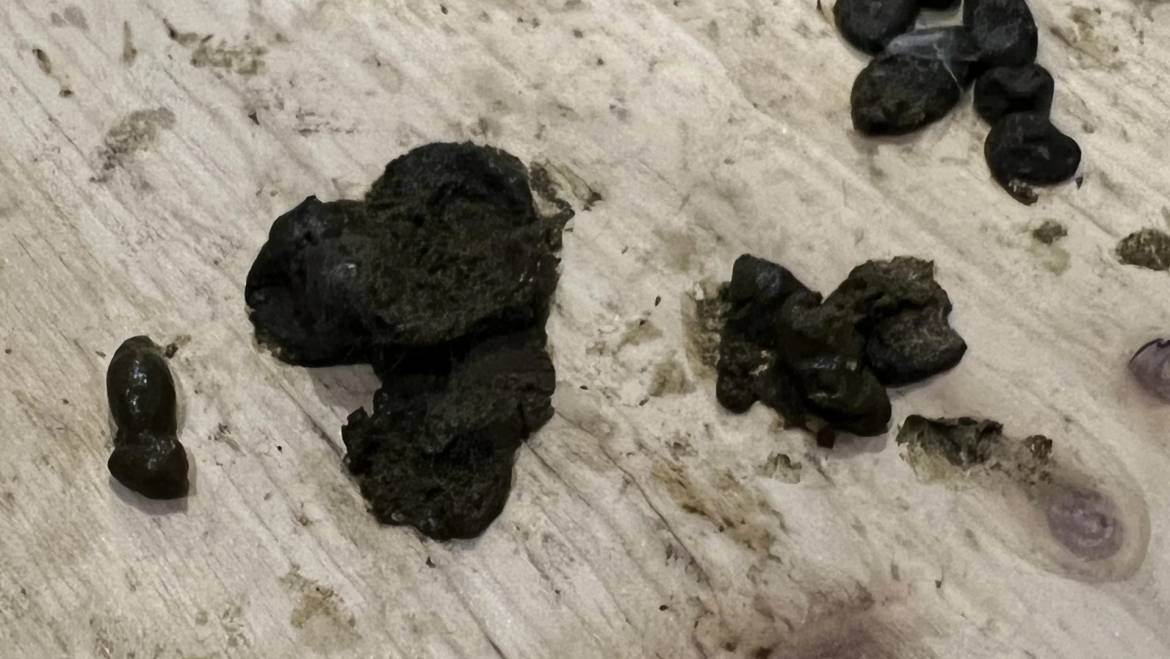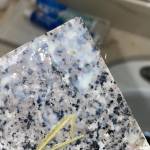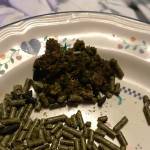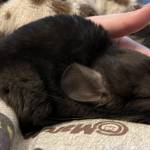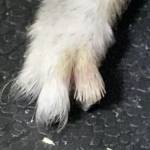Chinchillas are adorable and popular pets known for their soft and luxurious fur, active behavior, and friendly nature. However, like all pets, chinchillas can suffer from various health issues, including diarrhea. Diarrhea in chinchillas can be a serious condition that requires prompt attention from a veterinarian. In this article, we will discuss the causes, symptoms, and treatment of diarrhea in chinchillas.
Causes of Diarrhea in Chinchillas
There are several causes of diarrhea in chinchillas, and these include:
- Diet: Chinchillas are herbivores, and their digestive system is designed to process a high-fiber diet. Feeding them a diet that is high in fats or low in fiber can cause diarrhea. Some common culprits include overfeeding fruits, vegetables, or treats, feeding low-quality hay or pellets, or a sudden change in their diet.
- Infections: Chinchillas are susceptible to various bacterial and viral infections that can cause diarrhea. These include salmonella, e. coli, giardia, or coccidia. They can contract these infections from contaminated food, water, or bedding.
- Stress: Stressful situations, such as a change in their environment or routine, can cause diarrhea in chinchillas. They can also get stressed due to loud noises, bright lights, or aggressive behavior from other pets or humans.
- Dental Problems: Dental issues such as overgrown teeth, dental abscesses, or mouth injuries can cause digestive issues leading to diarrhea.
Symptoms of Diarrhea in Chinchillas
The following are the common signs and symptoms of diarrhea in chinchillas:
- Watery or Loose Stools: The feces of a chinchilla with diarrhea will be runny or watery, and may even have an unusual color or odor.
- Loss of Appetite: Chinchillas with diarrhea may refuse to eat or drink, leading to dehydration and further complications.
- Lethargy: Chinchillas with diarrhea may become lethargic or inactive and may avoid physical activity.
- Dehydration: Diarrhea can cause dehydration, which can lead to more serious health problems. You can check for dehydration by observing your chinchilla’s skin elasticity: pinch a bit of skin on their back gently, and it should quickly snap back into place. If it takes longer than normal to return to its original state, your chinchilla is dehydrated.
- Abdominal Discomfort: Chinchillas with diarrhea may experience discomfort in the abdominal area, which can cause them to hunch or curl up in pain.
Treatment of Diarrhea in Chinchillas
If you suspect that your chinchilla has diarrhea, it’s essential to take them to a veterinarian as soon as possible. The vet will examine your chinchilla, perform some diagnostic tests, and recommend the appropriate treatment. The following are some of the treatment options for diarrhea in chinchillas:
- Fluid Therapy: If your chinchilla is dehydrated, the vet will provide fluid therapy to restore the electrolyte balance and prevent further complications. This can be done by administering subcutaneous fluids, or orally via a syringe.
- Antibiotics or Antiparasitic Medication: If the cause of diarrhea is bacterial or parasitic infection, the vet may prescribe antibiotics or antiparasitic medication to eliminate the infection.
- Probiotics: Probiotics help to restore the balance of gut microbes, which can be disrupted by diarrhea. The vet may recommend probiotics to restore healthy gut bacteria and promote healthy digestion.
- Diet Management: The vet may recommend a change in the chinchilla’s diet to help alleviate diarrhea symptoms. A high-fiber, low-fat diet is essential for chinchillas, and the vet may recommend switching to a different brand of hay or pellets or reducing the amount of fruits and vegetables in their diet.
- Dental Treatment: If dental problems are causing diarrhea, the vet will need to perform dental treatment to address the underlying issue. This may involve filing down overgrown teeth, extracting abscessed teeth, or treating mouth injuries.
Prevention of Diarrhea in Chinchillas
Preventing diarrhea in chinchillas involves following a few simple guidelines:
- Feeding a High-Fiber, Low-Fat Diet: Ensure that your chinchilla is eating a healthy diet that is high in fiber and low in fat. Feed them high-quality hay, pellets, and treats that are specifically designed for chinchillas.
- Avoiding Sudden Diet Changes: Avoid making sudden changes to your chinchilla’s diet. If you need to make changes, do so gradually over several days to allow their digestive system to adjust.
- Providing Clean and Fresh Water: Ensure that your chinchilla always has access to clean and fresh water. Change their water bottle daily and clean it regularly to prevent bacterial buildup.
- Maintaining a Clean Environment: Keep your chinchilla’s cage clean and dry, and change their bedding regularly to prevent bacterial buildup. Use a disinfectant to clean their cage, toys, and water bottle to prevent the spread of infection.
Diarrhea in chinchillas can be a serious health issue that requires prompt attention from a veterinarian. The causes of diarrhea in chinchillas can be varied, including diet, infections, stress, and dental problems. Common symptoms of chinchilla diarrhea include watery or loose stools, loss of appetite, lethargy, dehydration, and abdominal discomfort. Treatment for a chinchilla’s diarrhea may involve fluid therapy, antibiotics, probiotics, diet management, and dental treatment. Preventing diarrhea involves feeding a high-fiber, low-fat diet, avoiding sudden diet changes, providing clean and fresh water, and maintaining a clean environment.

